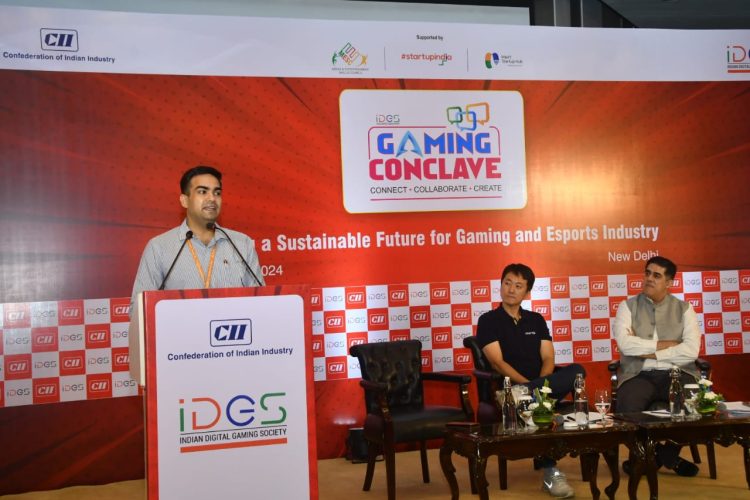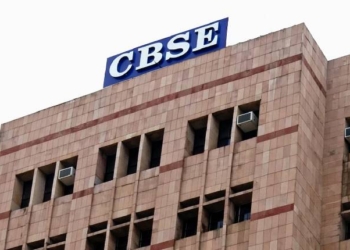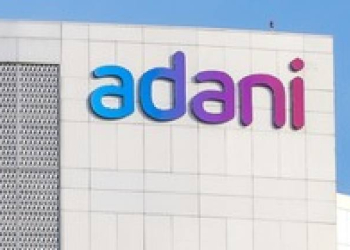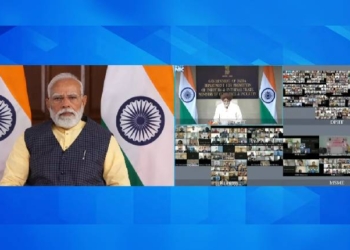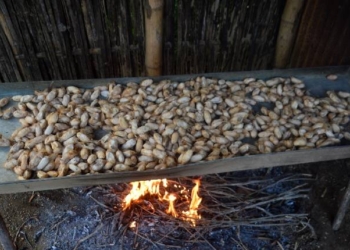New Delhi: The global gaming ecosystem is a $200 billion industry and India currently represents 17-20 per cent of the world’s gamers, experts said on Wednesday.
According to the Indian Digital Gaming Society (IDGS), the nation’s potential in the realm of digital gaming is tremendous, and harnessing this potential to create a thriving and sustainable industry is a goal we should all be committed to achieving.
“The Indian gaming industry is thriving, but we need to build new capabilities and skills. There must be more investments in technology and, particularly, in infrastructure to support the industry’s growth,” said Rajan Navani, President of IDGS.
Prime Minister Narendra Modi recently interacted with young gamers, which highlights the growing ecosystem for gaming in the country. The government is recognising gaming as a special talent, much like other sports.
The Ministry of Information and Broadcasting is set to organise the AVGC (audio-video, gaming and comics) summit, which includes a dedicated pillar for gaming.
Sean Hyunil Sohn, Vice President of IDGS, said that esports continue to evolve and gain global recognition, and its inclusion in the Olympics represents an exciting opportunity for the industry.
“India, with its rich cultural heritage and rapidly growing tech ecosystem, is uniquely positioned to make significant contributions to the global gaming landscape,” said Sohn. The event also focused on the need for a supportive ecosystem that fosters innovation and growth.
Last month, a report mentioned that workforce growth in the Indian online gaming industry has increased 20 times from 2018 to 2023, with a remarkable 97.56 per cent CAGR (compound annual growth rate) over the same period.
According to the report released by the Foundation for Economic Growth and Welfare (EGROW Foundation), in collaboration with Primus Partners, the online gaming industry is growing to become one of the key employment-generating industries in the next few years.
The sector’s contribution to the AVGC industry is projected to rise from 41 per cent in 2019 to a staggering 68 per cent by 2026.
(IANS)




